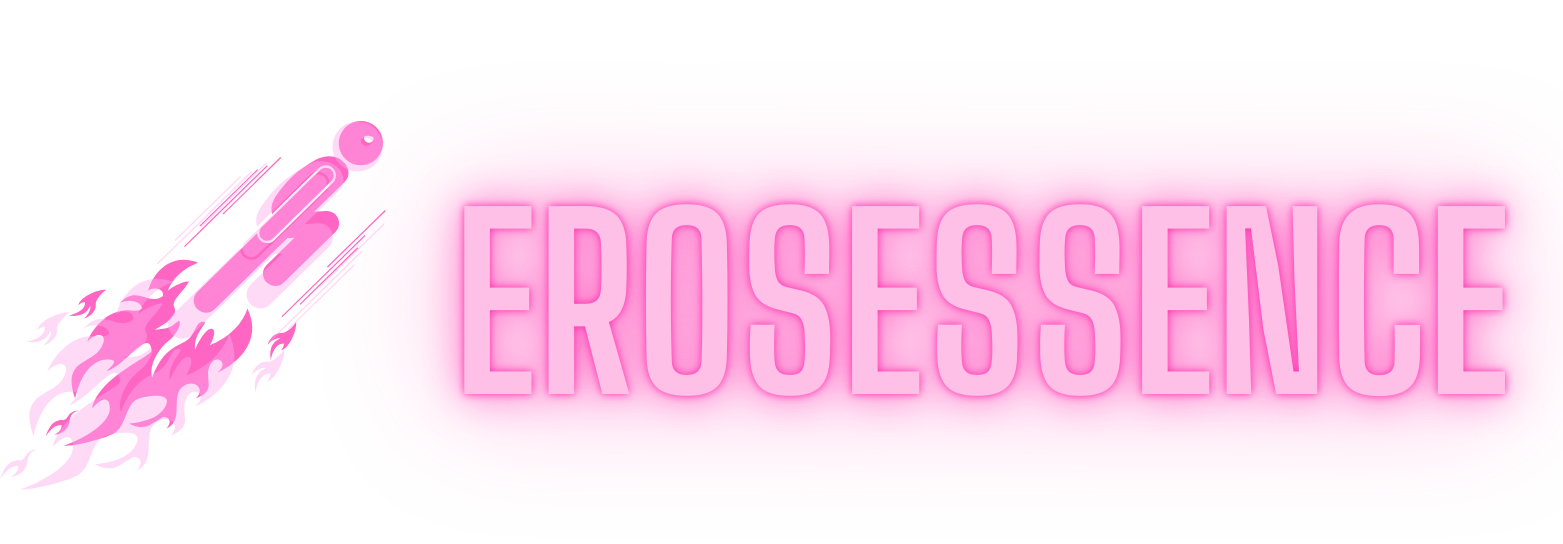In today’s society, male sexual health issues are receiving increasing attention. The phenomenon of “erectile dysfunction,” often referred to as “勃起點先叫硬,” can be a source of distress for many men. This not only affects their self-confidence but may also impact their partner’s satisfaction. This article explores the causes of this issue and provides effective strategies for improvement.
What is “Erectile Dysfunction”?
“Erectile dysfunction” typically refers to the inability to achieve or maintain an adequate erection during sexual activity. This may manifest as incomplete erections, short duration of erections, or the inability to sustain an erection. Various factors can contribute to this problem, including psychological factors, lifestyle choices, and physiological issues.
Possible Causes
1. Psychological Factors
Stress and anxiety are significant psychological factors affecting male erectile function. Many men feel nervous when facing sexual activity, and this anxiety can hinder normal erectile response. Additionally, past negative experiences or worries about sexual performance can exacerbate the situation.
2. Lifestyle Choices
Unhealthy lifestyle choices, such as excessive drinking, smoking, and lack of exercise, can negatively impact erectile function. These habits can lead to poor blood circulation, which in turn affects the ability to achieve an erection.
3. Physiological Factors
Erectile dysfunction can also be linked to various physiological issues, such as diabetes, high blood pressure, and cardiovascular diseases. These health problems can impair vascular function and affect blood flow to the penis.
Effective Strategies to Improve “Erectile Dysfunction”
1. Recognize and Manage Psychological Factors
- Seek Professional Help: If psychological factors are a primary concern, it’s advisable to seek help from a psychologist or sex therapist. They can provide professional guidance and support to help you cope with anxiety and stress.
- Relaxation Techniques: Learning relaxation techniques, such as meditation, deep breathing, or yoga, can help reduce stress and improve mental well-being.
2. Improve Lifestyle Choices
- Healthy Diet: A balanced diet can enhance overall health, particularly cardiovascular health. Increase the intake of fruits, vegetables, whole grains, and healthy fats while reducing processed foods and sugars.
- Regular Exercise: Exercise helps improve blood circulation and strengthens cardiovascular function. Aim for at least 150 minutes of moderate-intensity exercise per week, such as brisk walking, swimming, or cycling.
- Quit Smoking and Limit Alcohol: Quitting smoking and reducing alcohol consumption are crucial for improving erectile function. Excessive drinking and smoking can harm blood circulation and affect the ability to achieve an erection.
3. Seek Medical Attention Promptly
If you suspect that erectile dysfunction is related to physiological issues, it’s important to seek medical care promptly. A doctor can perform necessary examinations to identify underlying health problems and provide appropriate treatment options.
4. Consider Medication
In some cases, a doctor may recommend medications like sildenafil (Viagra) or tadalafil (Cialis) to improve erectile function. These medications can help increase blood flow to the penis, thereby enhancing the ability to achieve an erection. However, it’s essential to consult a doctor before using these medications to ensure safety and appropriateness.
5. Partner Support
Open communication is key to improving sexual function. Sharing your feelings and concerns with your partner can alleviate stress and enhance mutual understanding and support. Emotional support can help men better cope with erectile dysfunction.
Conclusion
Improving the issue of “erectile dysfunction” requires a multi-faceted approach, including psychological adjustment, lifestyle changes, and necessary medical intervention. By implementing these effective strategies, men can gradually enhance their sexual function, regain confidence, and improve their quality of life. If needed, do not hesitate to seek professional medical advice to take charge of your health.

